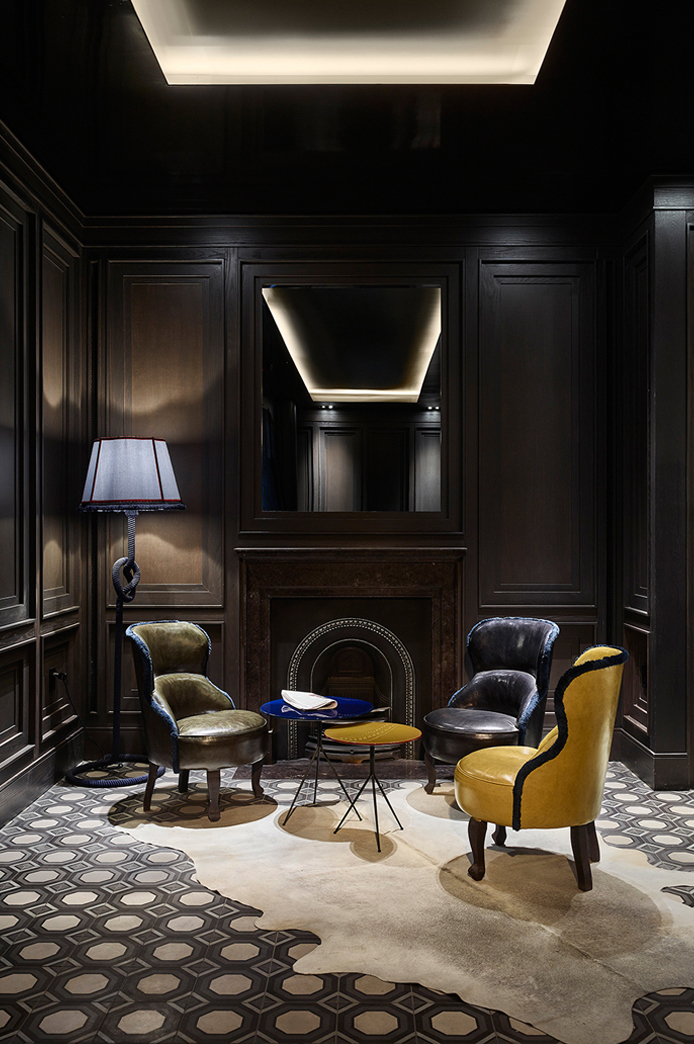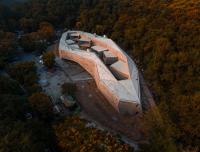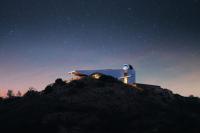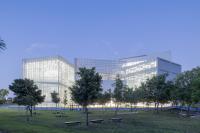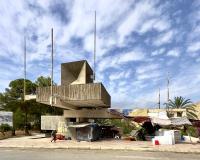15 Renwick
New York, USA
Space is at a premium in New York City and privacy can often feel like a privilege. Reinventing the wheel means identifying, optimizing, and transforming urban voids to create something where there was once nothing. At 15 Renwick, ODA goes beyond the limits of four walls to define a broader threshold between exposure and seclusion, opportunity and intimacy.
Situated in Hudson Square, between SoHo and Tribeca, 15 Renwick split typical setback zoning requirements to create slices of green and outdoor space in the building’s upper units. New York City’s strict dormer rule, which asserts that only a certain amount of floor area may encroach into the setback line, often limits architectural design, but, with this project, ODA saw this guideline as a launchpad for innovation. Manipulating the standard zoning dormer pyramid resulted in the discovery of spatial opportunity and a bolder link between indoor, outdoor, and semi-outdoor. A flying dormer structure is also employed, as opposed to columns, and can be seen from penthouse interiors. A seamless union of steel, wood, and glass, 15 Renwick’s façade is framed with dark aluminum reflective fins that, when touched by light, create shadow lines for recession and amplify privacy. When angled beneath the fins, pedestrians no longer have unrestricted eyesight into private spaces. These unitized systems were prefabricated for each residence, brought to the site, and quickly, easily installed. Step inside the lobby and panels speak the same design language as the façade. The exterior’s deep-set slim frames with wood-like inserts find renewed interpretation within the building, adding to its classic appeal and minimalistic details.
This project was the first in a long line of designs that manipulate the standard zoning dormer pyramid, now a common practice for ODA. At 15 Renwick, the relationship between self and surrounding is uniquely explored, all while harkening back to the neighborhood’s bygone era of harbors, industrialization, and “the old neighborhood.”
- Arquitectos
- ODA
- Cliente
- IGI-US
Projetos relacionados
Revista
-
-
Building of the Week
A Loop for the Arts: The Xiao Feng Art Museum in Hangzhou
Eduard Kögel, ZAO / Zhang Ke Architecture Office | 15.12.2025 -



